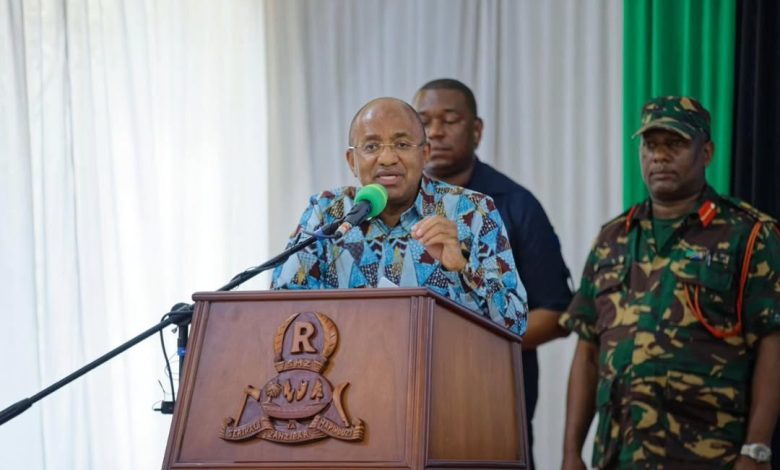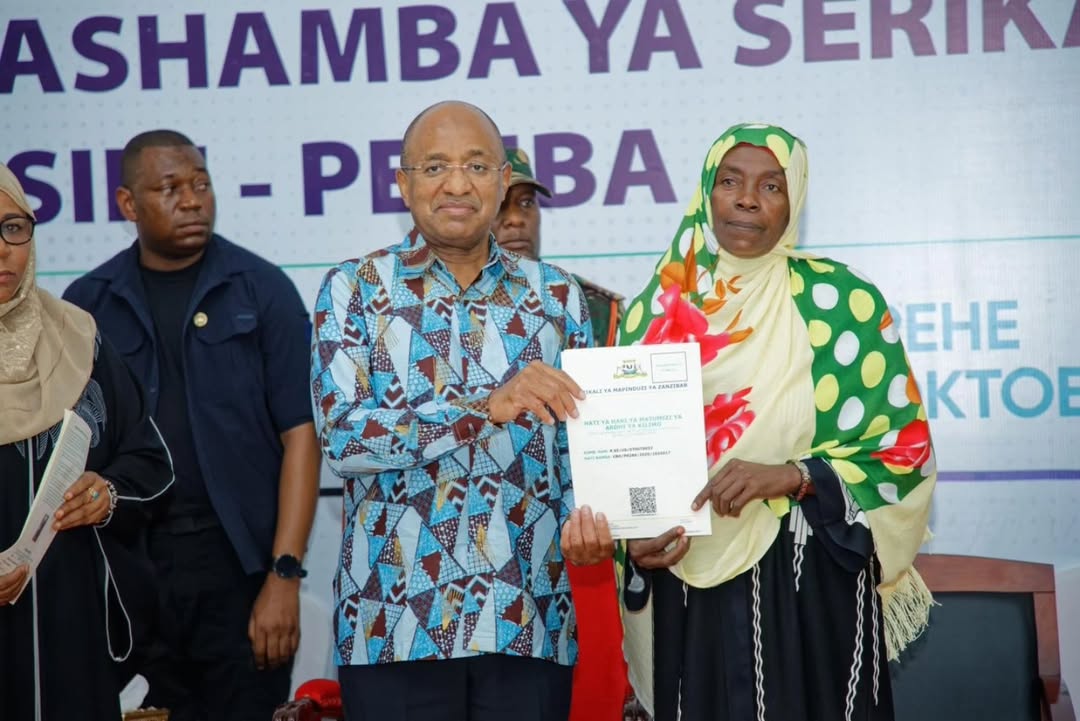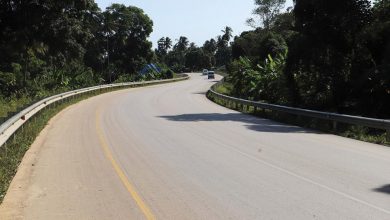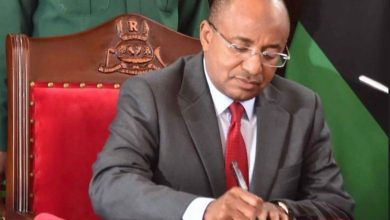Mwinyi grants land ownership to clove farmers

ZANZIBAR: ZANZIBAR President, Dr Hussein Mwinyi has said the government has made a strategic decision to hand over official land title deeds to clove farmers, granting them full legal ownership to manage their farms better, increase production and earn greater returns.
Dr Mwinyi was speaking during a ceremony to distribute title deeds for government-owned clove farms in South Pemba Region.

He said the move would allow farmers and their future generations to inherit, maintain and expand the farms, plant new trees, irrigate them and ensure higher productivity of the key crop that remains central to the national economy.
“The government recognises the crucial contribution of cloves to both our economy and farmers’ livelihoods. After studying the challenges affecting this crop, we found that many of them stem from poor ownership systems and lack of modern farming methods,” Dr Mwinyi said.
He revealed that Zanzibar’s clove production currently stands at less than 10,000 tonnes per year, even in good seasons reaching only about 8,000 tonnes far below its potential.
Despite the low output, Dr Mwinyi proudly explained that Zanzibar’s cloves are known as the best in the world, with exceptional quality. “Some countries buy low-grade cloves, then mix them with a small portion of Zanzibar cloves to improve their quality.
This proves our strength if we raise production, we can dominate the global market,” he emphasised.
Dr Mwinyi compared Zanzibar’s figures with Indonesia, which produces over 100,000 tonnes annually and questioned why Zanzibar, with the finest variety, cannot reach similar levels.
He explained that one major challenge was land ownership.
“Many farms were under government ownership, leaving farmers unmotivated. Sometimes they were told that their plots could not be leased to someone else, even after investing time and effort, a discouraging trend that needed to end,” he added.
He also highlighted the challenge of outdated farming methods, where most clove trees are inherited from previous generations, with few new ones being planted.
To address the situation, the government has directed the Zanzibar State Trading Corporation (ZSTC) to distribute high-quality seedlings free of charge, ensuring an adequate and consistent supply.
“We must empower farmers to irrigate and not depend solely on rain,” he said.
Dr Mwinyi also highlighted the importance of extension services, saying agricultural officers would continue training farmers on proper planting, weeding, harvesting techniques and quality handling.
Through the Economic Empowerment Agency, he said, clove farmers would also access interest-free loans to develop their farms.
ALSO READ: Dr Nchimbi affirms his government’s efforts to boost the blue economy goal
“If we do this, production will increase strengthening the national economy and helping farmers lift themselves out of poverty,” he said.
He insisted on the need for post-harvest handling training so farmers could preserve their cloves properly and obtain fair grading and payment.
On the pricing policy, Dr Mwinyi clarified that the government ensures farmers receive 80 per cent of the global market price.
“If the world market price is 10 US dollars, our farmers get 8 dollars. The remaining two are used to cover operational costs including transport, packaging and logistics. Some people claim farmers are being short-changed, but I assure you that is not true. Check the current global clove prices online you will see for yourself,” he said.
He warned that a freemarket system could expose farmers to exploitation, as private traders could collude to lower prices.
“Our 80 per cent system safeguards your interests it is one of the most farmerfriendly models globally,” he stressed.
President Mwinyi reaffirmed his administration’s commitment to maintaining the 80 percent pricing policy, saying it ensures farmers benefit directly from their hard work.
Minister for Lands and Housing Development, Rahma Kassim Ali applauded Dr Mwinyi’s leadership, saying his directives have been instrumental in resolving longstanding land conflicts and formalising ownership.
“We assure you, Mr President, that no citizen will be denied their rightful land. Every deserving farmer will receive a title deed,” she said, urging farmers to cooperate fully with the ministry in the verification process.
Earlier, South Pemba Regional Commissioner Rashid Hadid Rashid commended Dr Mwinyi for his visionary leadership, describing the issuance of land titles as “historic” and proof of a government that delivers on its promises.
The land title handover marks a significant milestone in Zanzibar’s agricultural reform, reflecting Dr Mwinyi’s broader goal to strengthen the clove sector and empower rural communities through secure land ownership and modern farming support.





